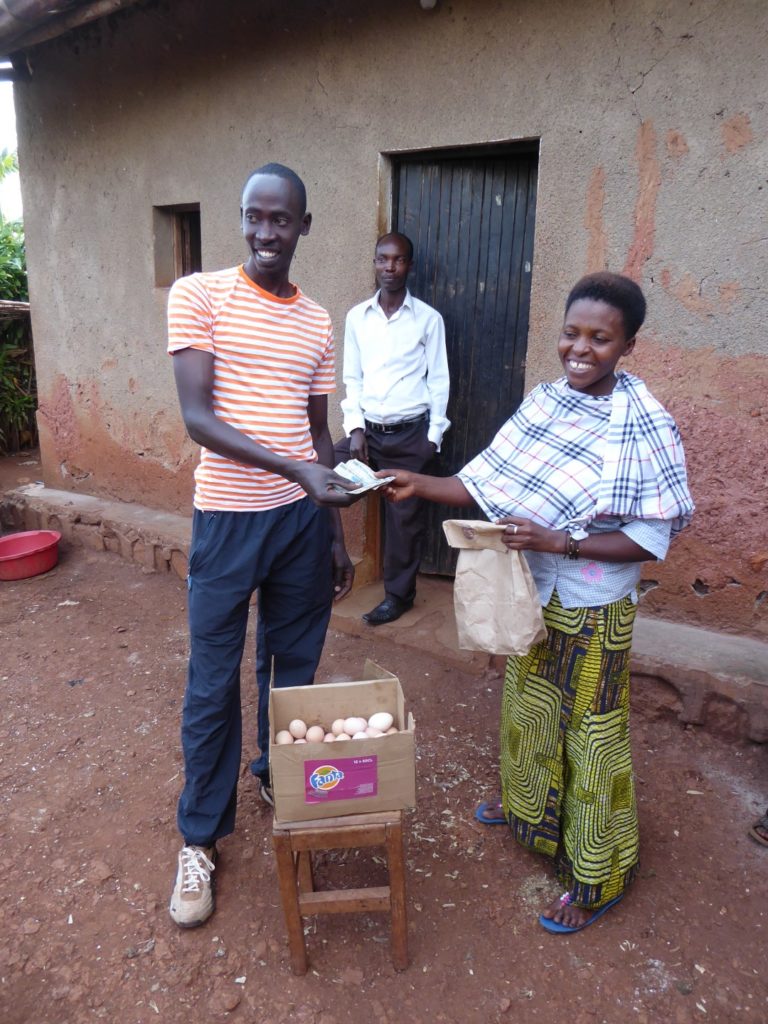
With funding from the UK’s Department for International Development (DFID) and in partnership with Survivors Fund (SURF), the National Student’s Association of Genocide Survivors in Rwanda (AERG) implemented the “Empowering Vulnerable Young Survivors who have left Secondary School to Create, Secure and Sustain Employment” (ELE) Project.
The 30-month project (April 2015-September 2017) was aimed at improving the lives of 9,000 vulnerable people across eight districts in the Eastern and Southern Provinces of Rwanda.
Funding was made available through the Global Poverty Action Fund (GPAF) Community Partnership Window. In this partnership, SURF provided technical assistance and capacity-building to AERG to deliver inclusive financial and non-financial service to rural young survivors who had dropped out of school or had graduated from secondary school.
The final evaluation of the project reported:
Up to 1,925 vulnerable young survivors and their 6,500 dependents were reached and their lives transformed through ELE’s innovative wraparound approach. The project occasioned the initiation of 678 small businesses and secured 55 employment opportunities for young survivors. In addition, at least 100 secondary school leavers were enabled to return to school. Most of the participants reported having increased access to networks and social support in the community, which has given them a hope for their future. Through legal support, survivors regained lost properties and expanded essential skills to take legal steps in cases where their rights were violated.
In respect of the initial impacts from the project, there is substantial evidence that ELE has established positive and tangible changes in the lives of young survivors. Key changes attributable to the project were geared towards poverty reduction, healing to those who were traumatized; social empowerment; as well as, access to information and services related to land rights and other entitlements. Key differences reported by evaluation respondents included: (1) Diversification of income sources among young survivors who have begun to expand their income sources utilizing skills gained from the Youth Entrepreneurship Training Programme and/or loans received to initiate small businesses; (2) Increased engagement of young men and young women in socio-economic activities, resulting in improved participation and confidence to participate in community activities; and, (3) Improved quality of life owing to counseling support and access to justice through paralegal support offered by the project.
To learn more, then please see the Final Evaluation and Most Significant Change Stories reports.
